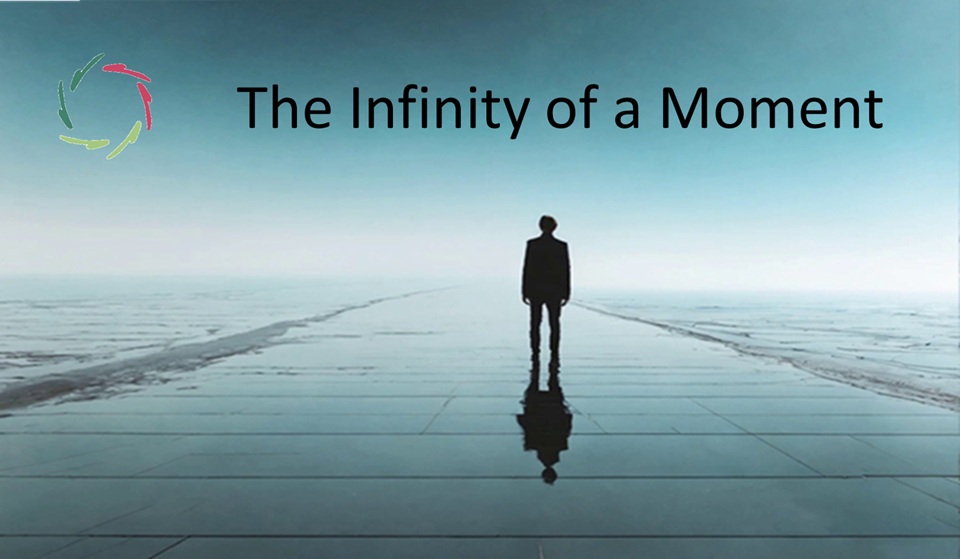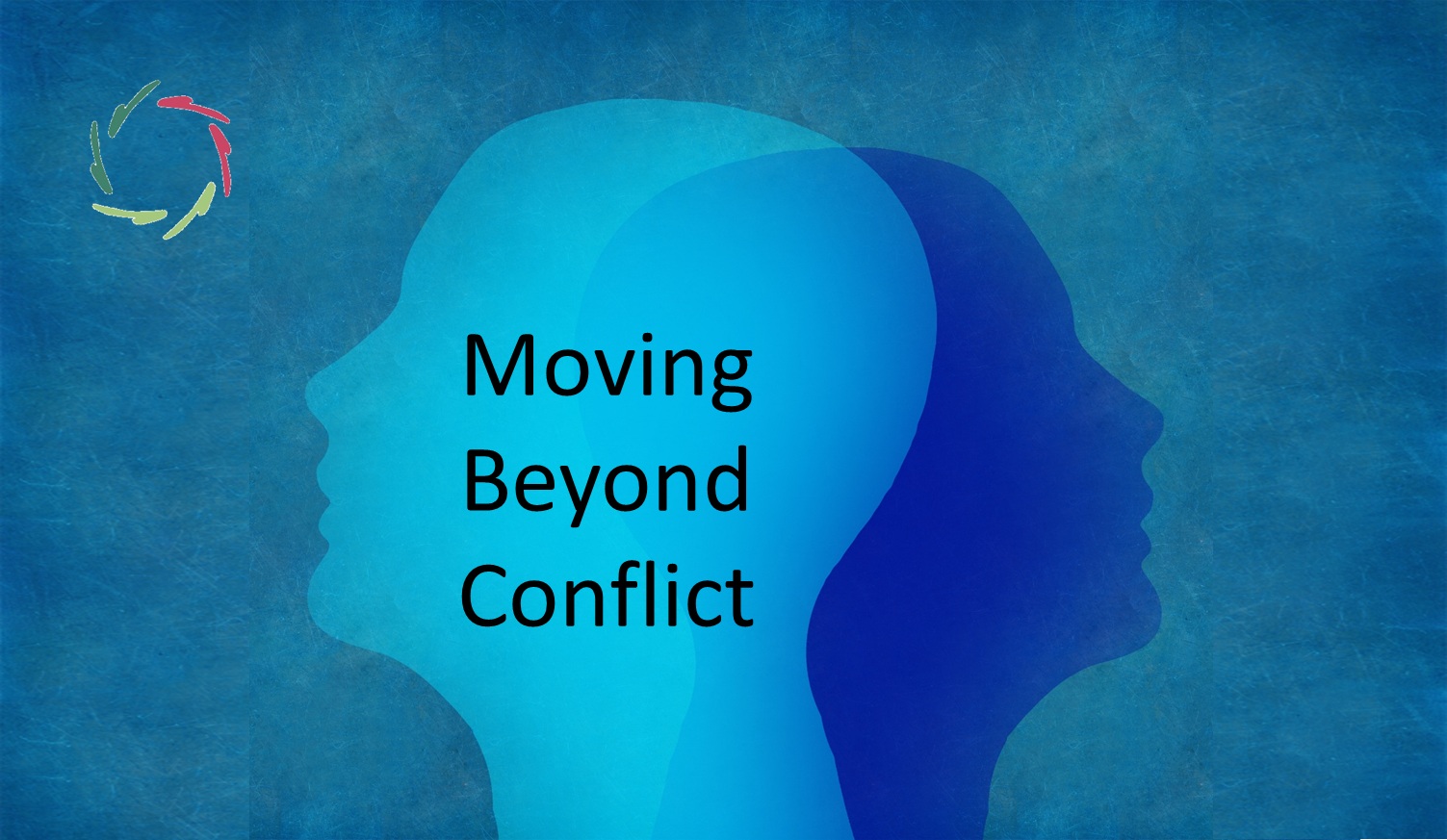Feeling without Feelings

I am feeling. I am ‘without feelings.’
The science
It may not seem so but this is actually the most scientifically sound way to look at feelings/emotions, backed by many studies, contradicted by none.
One good book about this is “How Emotions Are Made: The Secret Life of the Brain” by Lisa Feldman Barrett (2017).
Lisa is Professor of Psychology at Northeastern University, with appointments at Harvard Medical School and Massachusetts General Hospital, as well as a very bright person.
Shortly put, the contention is that natural-kinds-of-feelings do not exist. [see: “Beyond Sadness”]
Of course, you have feelings.
I have feelings too, as much after the science as before.
I confess: after some period of small doubt, I know to even have more feelings after than before delving into this science. I mean: this knowledge makes me more attentive to their intricate subtleties. I don’t feel as ‘angry’ anymore as ‘experiencing this specific instance of angriness.’ It’s always something that I have never felt nor will ever feel again. It’s not a natural kind. It is my angriness that no one else can feel.
Thus I can enliven it more fully, be in contact with it, look at the why and the how of it, including why I probably shouldn’t be angry or at least get over it quickly when it’s not appropriate or only serving an underlying goal that I can reach in better ways.
The same with positive emotions, with any emotions. Seeing them as individual makes one more open to clearly see them at all. Including – very important – that they emerge from what is totally ‘you.’
Emotions are not like massive black boxes
that fall into you as if from outside – or inside. They flow. They are always new.
This way, they can live inside you. You can live inside them. Even this distinction may flow like a river, never the same.
It makes one free.
It also makes one better able to appreciate.
Think of very good wine. Instead of just tasting it as ‘red wine’ or ‘white wine’ – or with just a few more distinctions – you may better appreciate it as the work of art that it is. This goes way beyond enumerating kinds. It’s qualitatively different.
So are you.
Looking at your emotions as art may also make you value them more, thus valuing yourself, putting effort in making yourself a better person. Making yourself excel, why not? [see: “Excellence”]
You constantly create yourself. You grow.
Beyond feelings: thoughts
The same principle as above is applicable to any mental-cognitive entity, such as what we generally think of as thoughts.
Besides, and it naturally follows from all this, the distinction between feelings and thoughts is not as clear-cut as is generally thought. They flow inside and through each other. This has been confirmed by many brain studies, showing a lot of overlap in where thoughts and feelings are processed in the brain.
Thus, we engage in:
thinking without thoughts.
You cannot think the same thought twice.
Others cannot, either.
Let alone people from different cultures. This shouldn’t frighten anyone. We all have in common the capacity to be empathic. The more so if we manage feelings and thoughts as what they really are.
It makes the world so much richer.


